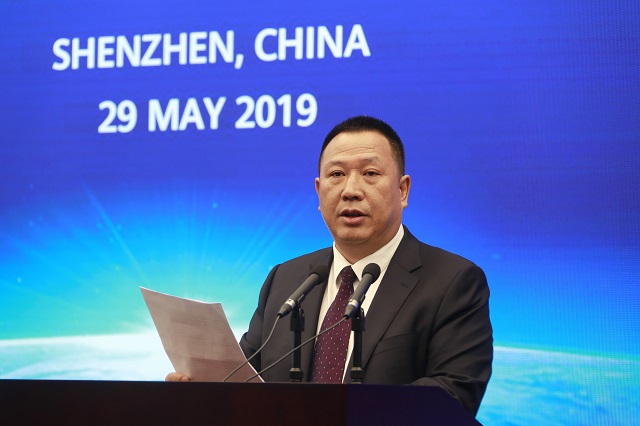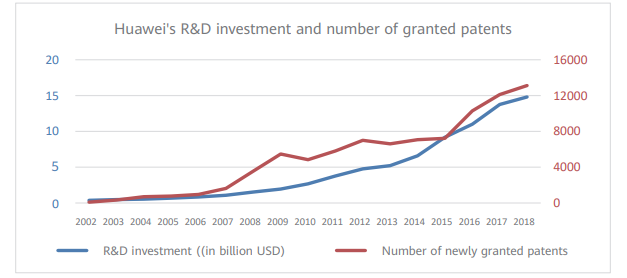 Huawei today issued a statement warning against the politicization of intellectual property (IP) disputes.
Huawei today issued a statement warning against the politicization of intellectual property (IP) disputes.
Speaking at a press conference at the company’s headquarters, Song Liuping, Huawei’s chief legal officer, said that IP is the cornerstone of innovation and its politicization threatens progress across the world.
“If politicians use IP as a political tool, they will destroy confidence in the patent protection system. If some governments selectively strip companies of their IP, it will break the foundation of global innovation,” said Song.
Huawei released a whitepaper titled “Respecting and Protecting Intellectual Property: The Foundation of Innovation,” that details Huawei’s practices in and contributions to innovation and the protection of IPR.
The Chinese giant, which faces stringent actions from the U.S., on account of its affinity towards Chinese government and alleged involvement with U.S. foes including Iran, said that innovation and intellectual property protection lie at the heart of Huawei’s success over more than 30 years.
As of the end of 2018, Huawei has been granted 87,805 patents, of which 11,152 are U.S. patents. Since 2015, Huawei has received over 1.4 billion U.S. dollars in licensing revenue.
Aside from accumulating patents of its own, Huawei has also paid more than 6 billion U.S. dollars in royalties to legally implement the IP of other companies, with nearly 80 percent of that paid to American companies, according to the document.
Earlier this year, the U.S. Department of Justice charged Huawei with theft of trade secrets, wire fraud and obstruction of justice. The indictment was primarily relating to the alleged stealing of trade secrets from T-Mobile beginning in 2012.
Intellectual property is private property, protected by the law, and disputes should be resolved through legal proceedings, said Song, adding that in the past 30 years, no court has ever concluded that Huawei engaged in malicious IP theft, and Huawei has never been required by the court to pay damages for this.
Song further said that Huawei’s technology breakthroughs are incorporated into the open standards that govern 3G, 4G and 5G, a testimony for its collaborative and respectful approach to IP. As a result, even though some countries do not buy products directly from Huawei, they still use the essential patents of Huawei, and share in the benefits of the technology Huawei creates, said Song.
Song also addressed Huawei’s stance on its use of patents, saying the company will not weaponize its portfolio of patents. Rather, he said, Huawei will adopt an open and cooperative attitude and follow the FRAND principle, or “fair, reasonable, and non-discriminatory,” when engaging with relevant parties in the industry on patents licensing.
“As always, Huawei is ready and willing to share our technology with the world. That includes 5G. It includes U.S. companies and U.S. consumers. Together, we can drive our industry forward and advance technology for all mankind,” said Song.






